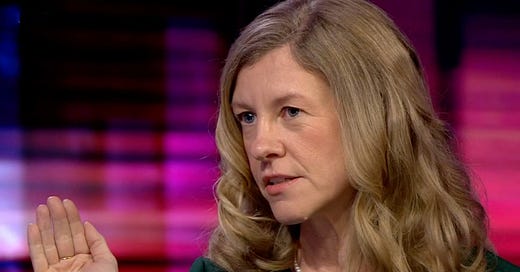A former director of public prosecutions has cast new light on a little-understood decision he took more than 20 years ago to stop the trial of Katherine Gun, a former translator at the government surveillance agency GCHQ who had been charged with disclosing secret information.
Ken Macdonald gave no explanation his decision at the time. But speaking this…
Keep reading with a 7-day free trial
Subscribe to A Lawyer Writes to keep reading this post and get 7 days of free access to the full post archives.



